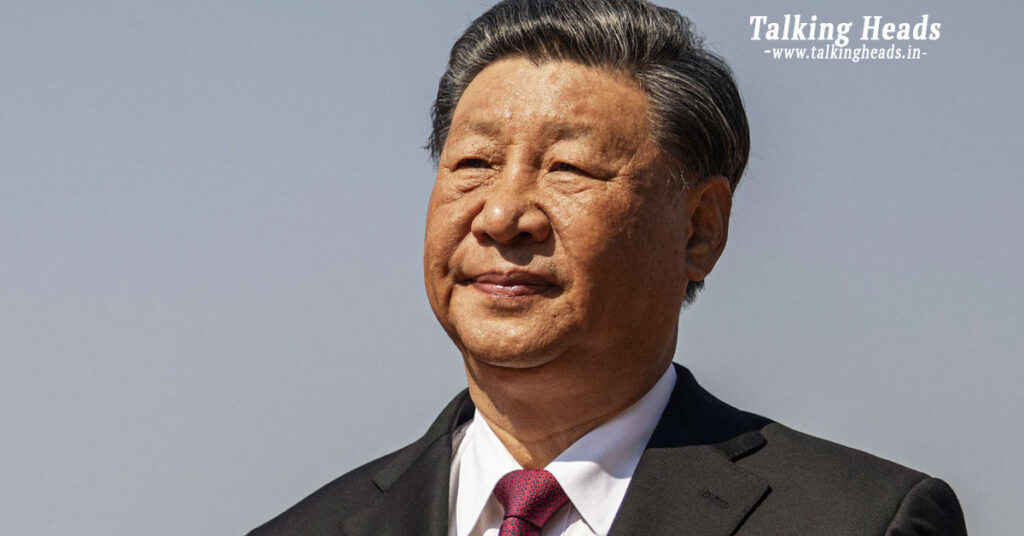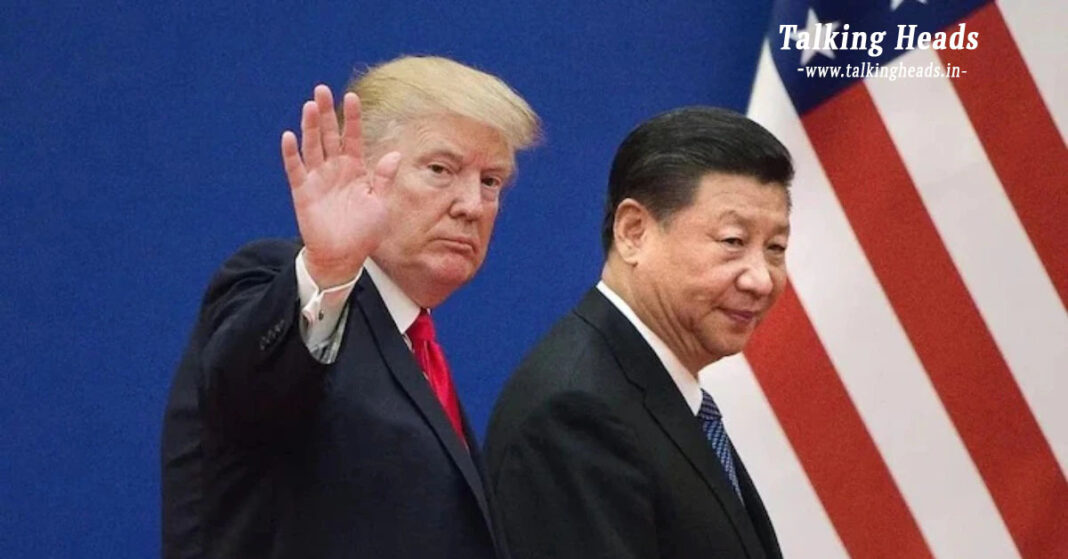China Retaliates Against US Tariffs by Blocking Boeing Aircraft Deliveries
In a significant move escalating the ongoing trade tensions between the United States and China, Beijing has ordered its domestic airline companies to suspend the receipt of new aircraft from American aerospace giant Boeing. According to a Bloomberg report, China has also directed its companies to cease purchases of aircraft components and related devices manufactured in the United States.
This bold decision comes in direct response to the U.S. imposing a steep 145% tariff on certain Chinese imports. Boeing, one of the most prominent names in global aviation, manufactures airplanes, rockets, satellites, telecommunications equipment, and missiles. The company was founded by William Boeing on July 15, 1916, and has since become a cornerstone of U.S. manufacturing and exports.
Table of Contents
Boeing aircraft are widely used by airlines across the globe, and the company holds the title of the largest exporter in the United States. It also ranks as the third-largest Défense contractor worldwide, playing a crucial role in the global aerospace and Défense industry.
Beijing Expands Trade War by Suspending Rare Earth Exports
As part of its retaliation, China has also suspended exports of seven rare earth metals that are critical for high-tech manufacturing, including sectors like automobiles, drones, semiconductors, and defense systems. Chinese ports have halted shipments of magnets and components derived from these materials, essential for assembling modern technologies ranging from electric cars to advanced missiles.
These restrictions are expected to impact industries globally, driving up prices for vehicles, aircraft, electronics, and military hardware. Experts believe that China’s move could disrupt the global supply chain, especially for countries heavily dependent on Chinese rare earth exports.
Rare Earth Materials Critical to Global Tech and Défense Industries
Rare earth elements, a group of 17 chemically similar elements, are essential for producing consumer electronics, military-grade equipment, and clean energy solutions. These materials play a pivotal role in industries like information technology, solar energy, chemical processing, and advanced oil refining.

On April 4, Chinese authorities issued a formal directive restricting the export of these materials and associated magnetic components. The new regulation mandates that these rare metals can only be exported with a special government-issued permit, further tightening China’s grip on the global supply of critical materials.
Strategic Supply Chain Leverage Gives China an Economic Edge
China’s control over a vast portion of the world’s rare earth material production gives it significant leverage in trade disputes. The country accounts for more than 60% of global rare earth mining and even more in refining capacity, making it an indispensable player in the modern tech economy.

By leveraging this dominance, Beijing is strategically using resource control as a bargaining chip to push back against aggressive U.S. tariffs and protect its economic interests.
Implications for Global Markets and Multinational Corporations
Industry analysts warn that China’s dual move—blocking Boeing jet deliveries and restricting critical metal exports—could send shockwaves across global markets. Multinational corporations involved in manufacturing and defense will likely face higher production costs, longer supply timelines, and potential regulatory hurdles.
The aviation industry, in particular, could suffer delays and logistical setbacks as airlines scramble to reconfigure fleet expansion plans without access to Boeing aircraft. Similarly, semiconductor and clean energy firms, which rely heavily on rare earth materials, may need to explore alternative sources or pivot to costly domestic solutions
Trade Tensions Threaten Global Supply Chain Stability
China’s latest measures mark a new chapter in the ongoing trade war with the United States. By targeting key areas like aviation and rare metals, Beijing is signaling its readiness to challenge U.S. trade policies head-on. As the standoff continues, global supply chains face increasing uncertainty, prompting businesses to rethink strategies and reduce dependency on geopolitically sensitive markets.
The world watches closely as two of the largest economies engage in a battle that could reshape international trade, supply networks, and technological development in the years to come.










